Which headphones are better, wired or wireless?
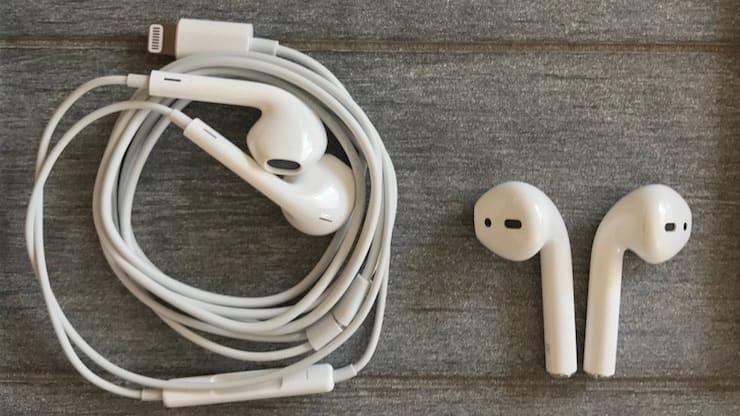 Headphones have become an integral part of Russian society since the late eighties. In the Soviet years, they were heavy and large, and had low sound quality. Today, compact models are sold that have excellent quality and many other advantages. Next, we’ll figure out which is better, wireless or wired headphones.
Headphones have become an integral part of Russian society since the late eighties. In the Soviet years, they were heavy and large, and had low sound quality. Today, compact models are sold that have excellent quality and many other advantages. Next, we’ll figure out which is better, wireless or wired headphones.
The content of the article
What are the advantages of wired headphones
The fundamental difference between headphones without wires or with them lies in the power source used, the principle of sound transmission, methods of connecting to a smartphone and other devices, weight and shape, the presence of stationary bases, player devices and other additional functions.
Wired headphones are the most common device of all modern devices with an audio jack of about 3.5 millimeters. Unlike wireless ones, they have:
- high sound quality due to the accuracy of transmission on radio channels;
- affordable price thanks to the use of a Bluetooth module rather than a cable;
- stable connection without interruption of signals like wireless models;
- small dimensions of the product, light weight and convenient shape.
Attention! There are no additional functions, and they operate on batteries and mains power.
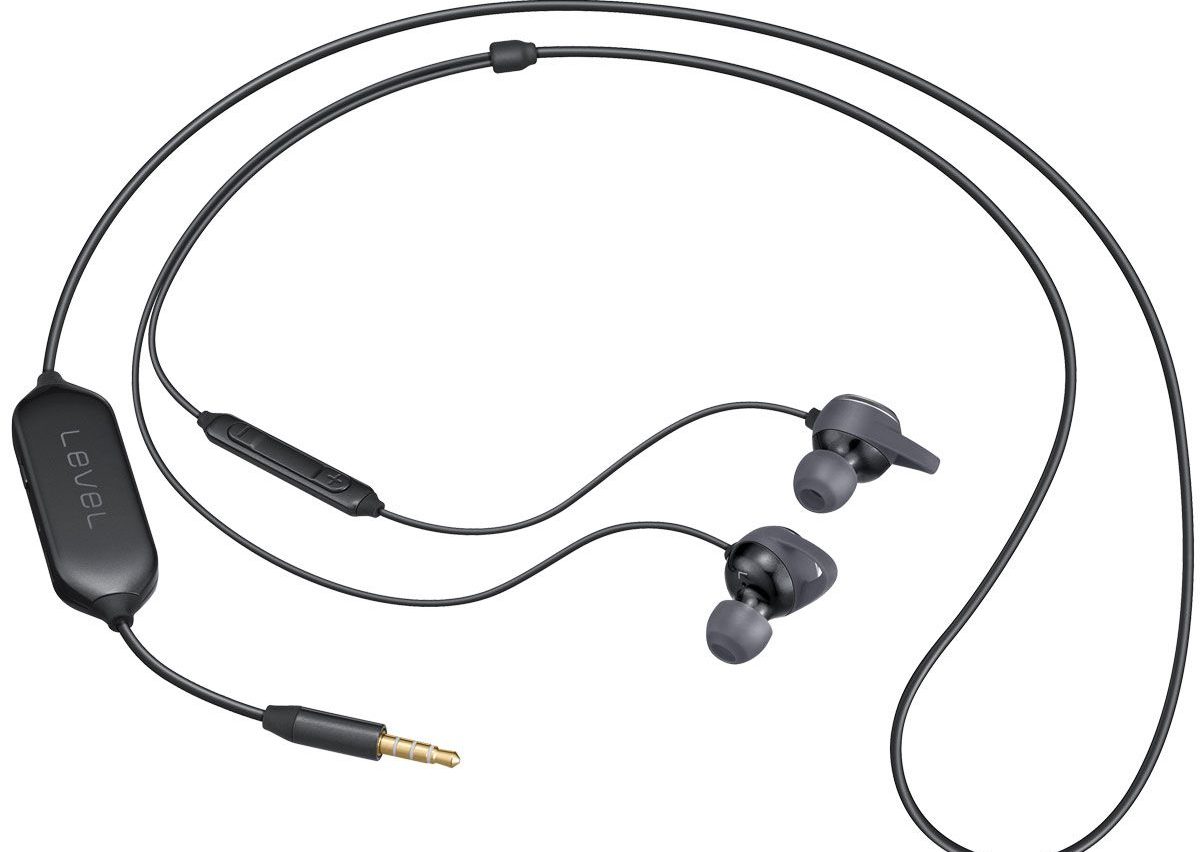
What are the disadvantages
Users note that such models are bad because on some models the wire can be easily damaged and then the device will be unusable. However, enterprising manufacturers use a special plug, which can be replaced if damaged. They are also said to:
- restrict movement and cling to clothing, so they are not suitable for sports training;
- are created with an unreliable fastening of the plug to the wire and thereby the connection is interrupted;
- constantly need an additional power source;
- significantly consume the energy of the device used;
- require connection to a device.
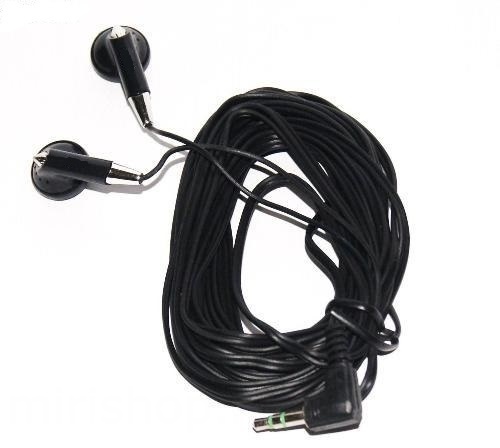
Pros of wireless headphones
The wireless type of headphones benefits from the fact that you don’t need to spend a long time untangling wires that get tangled on the road, which always get twisted and tangled. In addition, when they get confused, they lose sound quality and become unusable. Wireless models do not have such problems.
They allow a person to move freely without fear of breaking or tangling wires. This is especially convenient during sports training.
They also have a neater appearance than their competitors and are independent of mobile devices. They can be used even if the phone is in another room. With Bluetooth, you can easily connect to your smartphone and use headphones anytime.
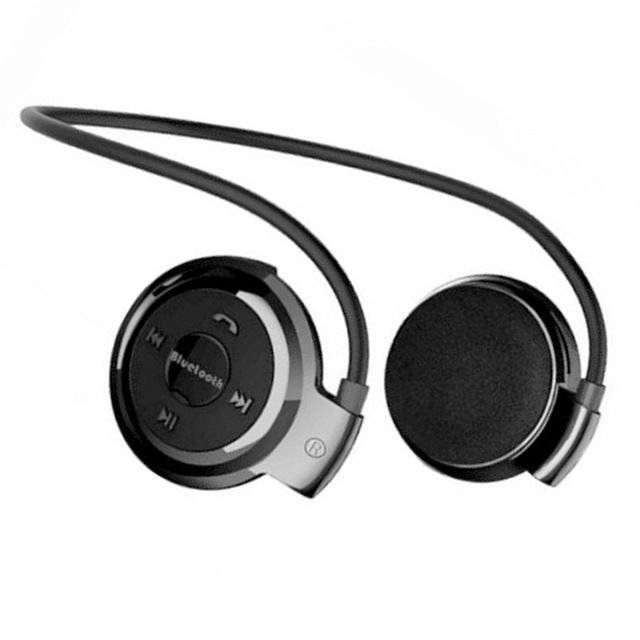
New branded models have the ability to integrate additional functions in the form of a player, memory and battery. This will allow you not to waste your mobile phone charge and use the device at any time.
Interesting! The Apple brand has released a new smartphone without a music headset jack.Competitors call this absurd, and experts call it an interesting marketing move that will spread the wireless type of headphones.
Cons of wireless headphones
Despite the extensive list of advantages, they have their own disadvantages, which are worth knowing when choosing between devices with or without wires.
Thus, wireless headphones are of lower quality and are heavier due to the built-in rechargeable device. In addition, some phones do not have a Bluetooth connection, so their users will not be able to use such headphones.
Another big disadvantage is the price of the devices. High-quality branded models cost more than usual and not everyone can afford them. There is also one unpleasant feature. It consists of an unexpected discharge, which can cause a number of difficulties with the further switching on and operation of the headphones.
The last drawback is the large dimensions of the headphones, which makes them difficult to hide in your pocket like wired ones.

Which headphones are better, wireless or wired?
Each device user decides for himself which headphones are best for him to choose, since according to the above points, both types of devices have a number of advantages and disadvantages. To finally decide which of them is better, you should consider a small tabular list of criteria.
The first criterion is convenience. By this criterion, no one wins. With wired headphones, the wires get tangled and there is a risk of loss. Wireless wires do not get tangled due to their absence, but they are bulky.
The second criterion is autonomy. According to this criterion, wired ones win.They operate on batteries and rechargeable batteries and do not require an additional power source, while wireless ones require an additional power source and recharging and have an appropriate base.
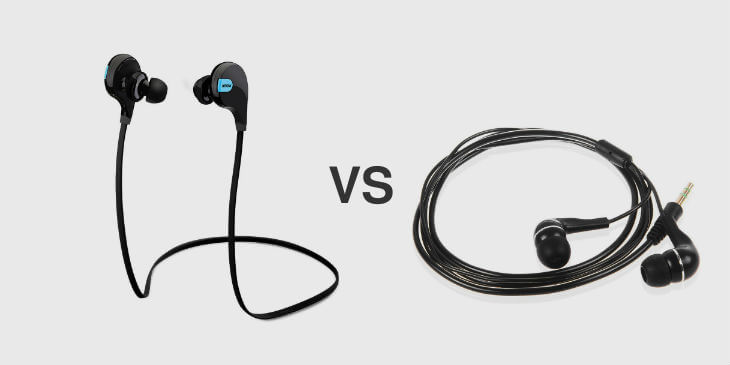
The third criterion is sound quality. Both devices have good sound quality. However, wireless models only have high quality on expensive devices.
The fourth criterion is price. Wired ones are available to everyone, while wireless ones are available to few.
The fifth criterion is the scope of application. In terms of application, wireless models win, since they can be used freely for a computer with a telephone, TV, game consoles, sports, and music. But, as was said earlier, it is preferable to use expensive models for all purposes, since there is a risk of rapid damage to the device.
Wired models lose out in terms of scope of application, since good sound quality on a TV requires a greater distance from the screen. Also not suitable for sports due to lack of freedom of movement.
The sixth criterion is aesthetics. Wires give the device an untidy appearance, so according to this logic, wireless models win in terms of aesthetics.
In general, wireless and wired models have a number of invaluable advantages and disadvantages. Many users advise choosing from two options in this way: wireless models are better for games and sports, and wired ones for everything else.


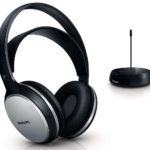
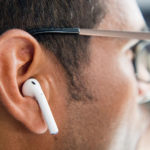
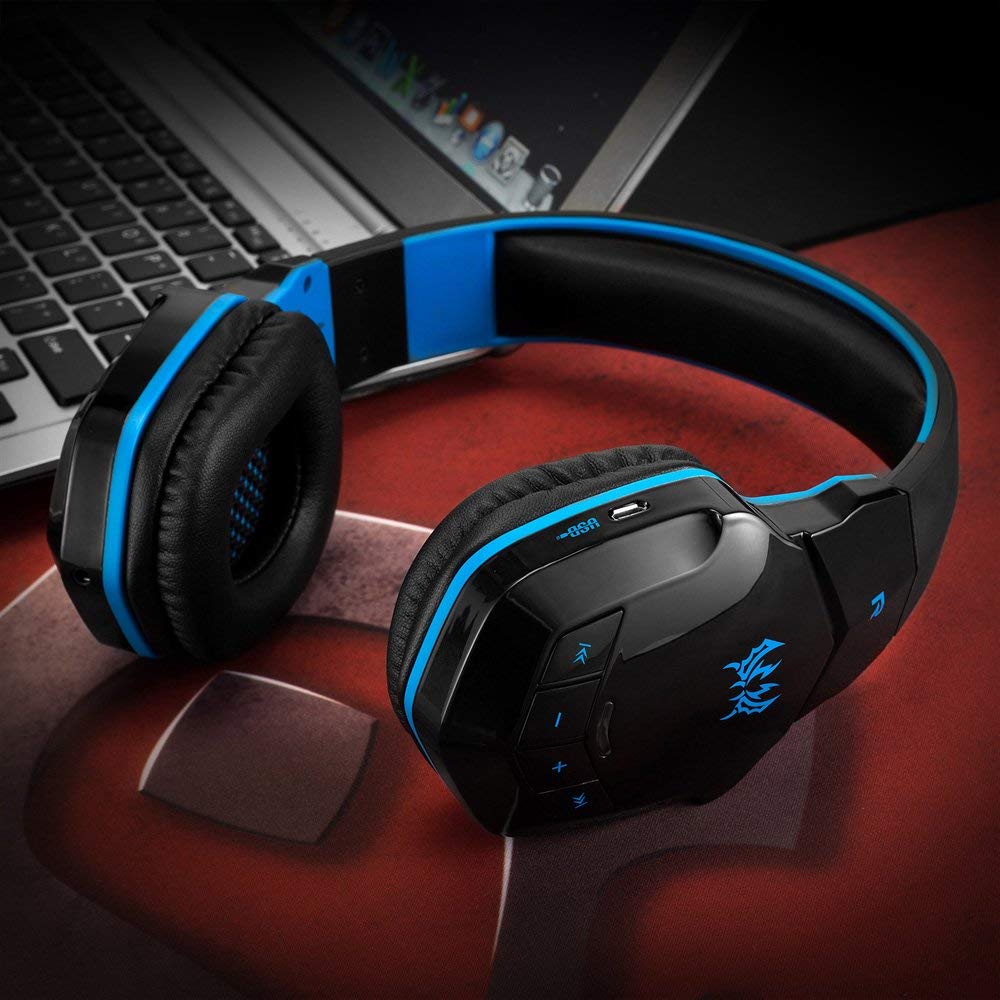
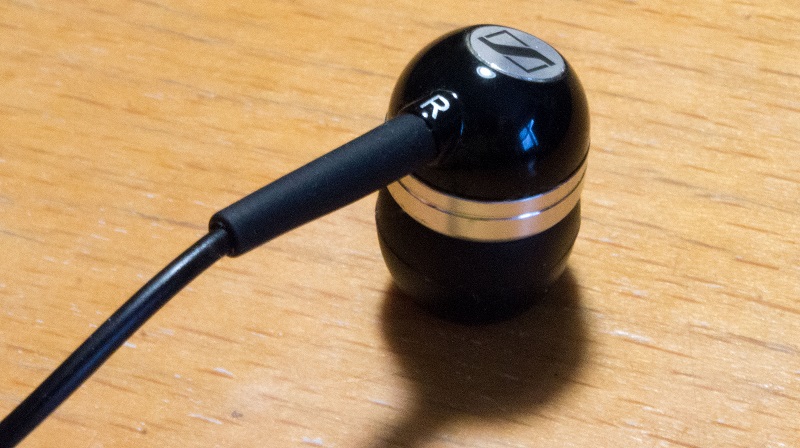
I personally use wireless shb2505 from Philips and am very pleased